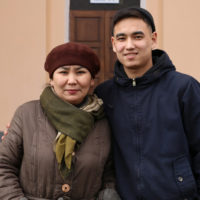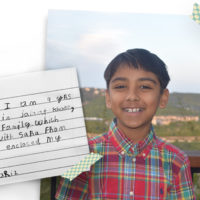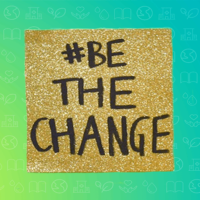Here we follow-up with newlyweds Shehzaan and Zainab Chunara, whom we featured last Valentine’s Day for their wedding gift to Aga Khan Foundation. They reflect on a recent trip to Tajikistan where they met with people about the Aga Khan Development Network’s impact.
Q: What moment comes to mind when someone asks you about your recent trip to Tajikistan?
Shehzaan: Two images. One is emotional, the other is practical about what the Aga Khan Development Network is doing. The first is an image of groups of young kids: they would appear when we’d come to visit schools, sometimes outside. It was beautiful to see the faces of those who would be affected for decades to come by the work of the AKDN. And it wasn’t handouts that were going to be affecting them, it was the tools to come together as communities and focus on each community’s priority whether it was clean water for self-sustenance or community-based schooling.
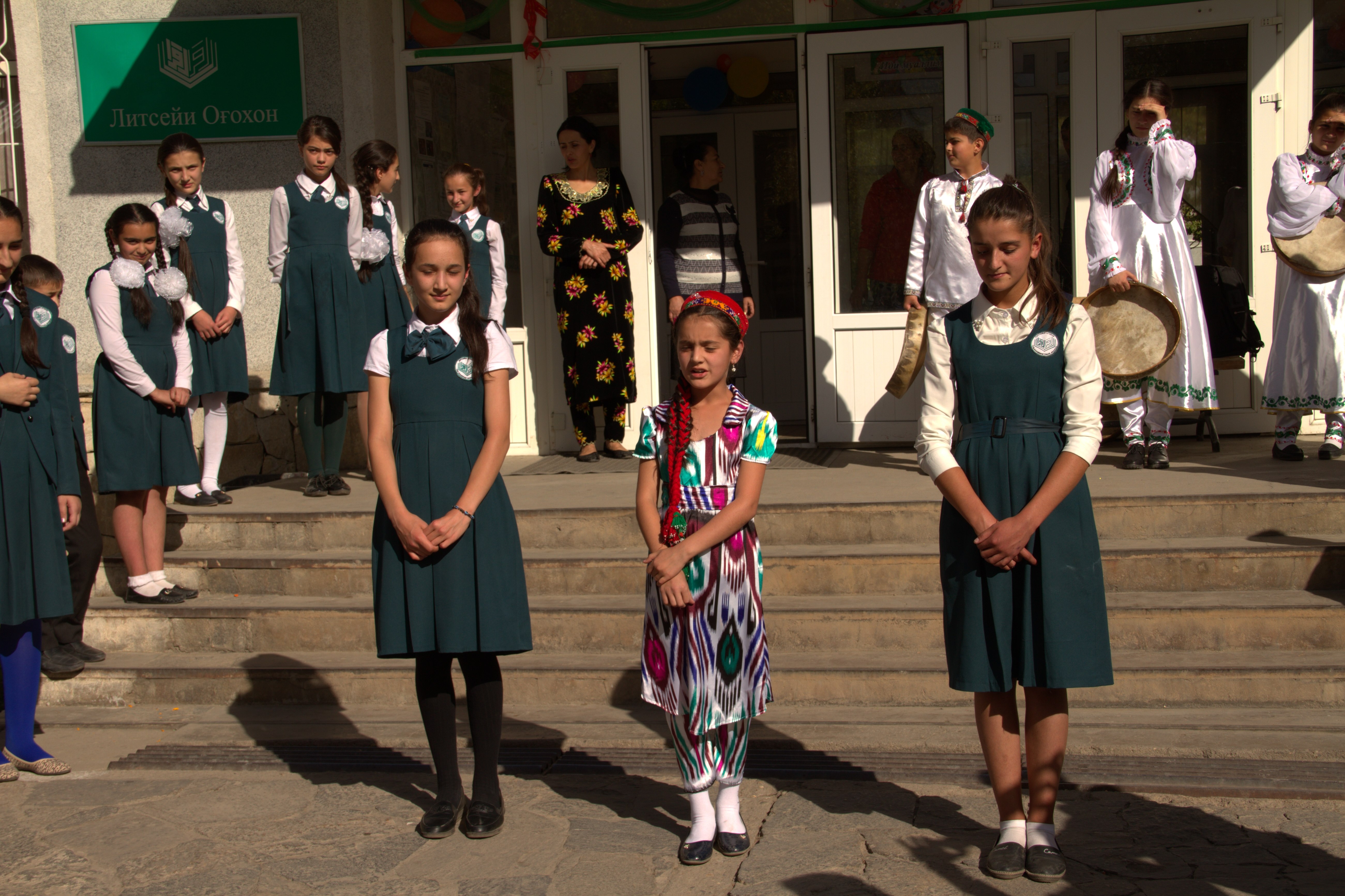
The second image came in the visit to the Pamir Energy hydropower plant. I had such a strong impression of seeing down the road what that’s making possible: electricity opening the way to construction of new homes, roads, schools and clinics – the long reach of electricity. It was mesmerizing. And with the cross-border electricity transmission several countries coming together to make a better future. It suggests a really efficient use of resources.
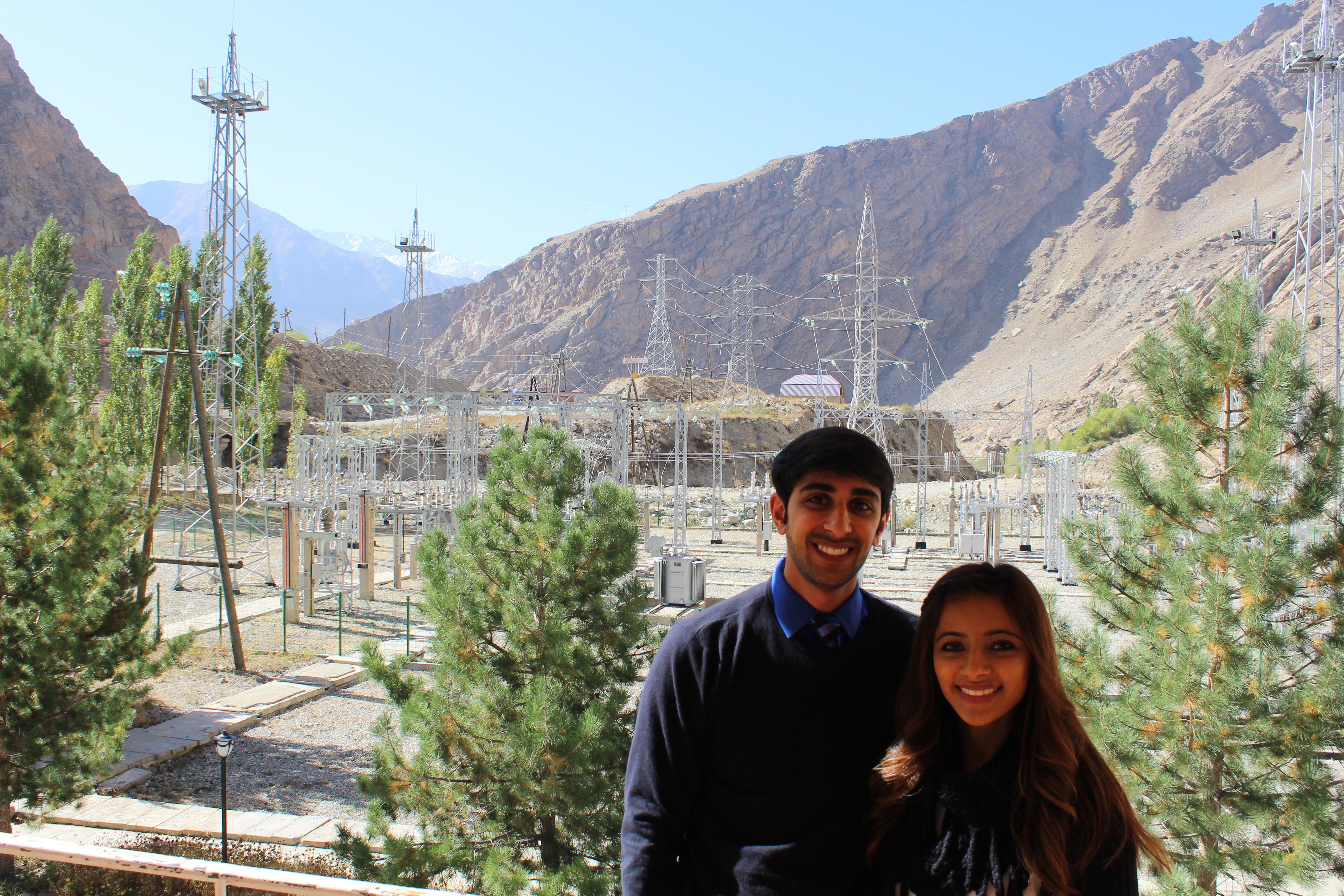
Zainab: Another image comes from the cross-border market: We saw Afghans crossing to Tajikistan to sell what they had made so that they could make a better life for their families, finding ways to be self-sufficient. They have so much enterprise and creativity.
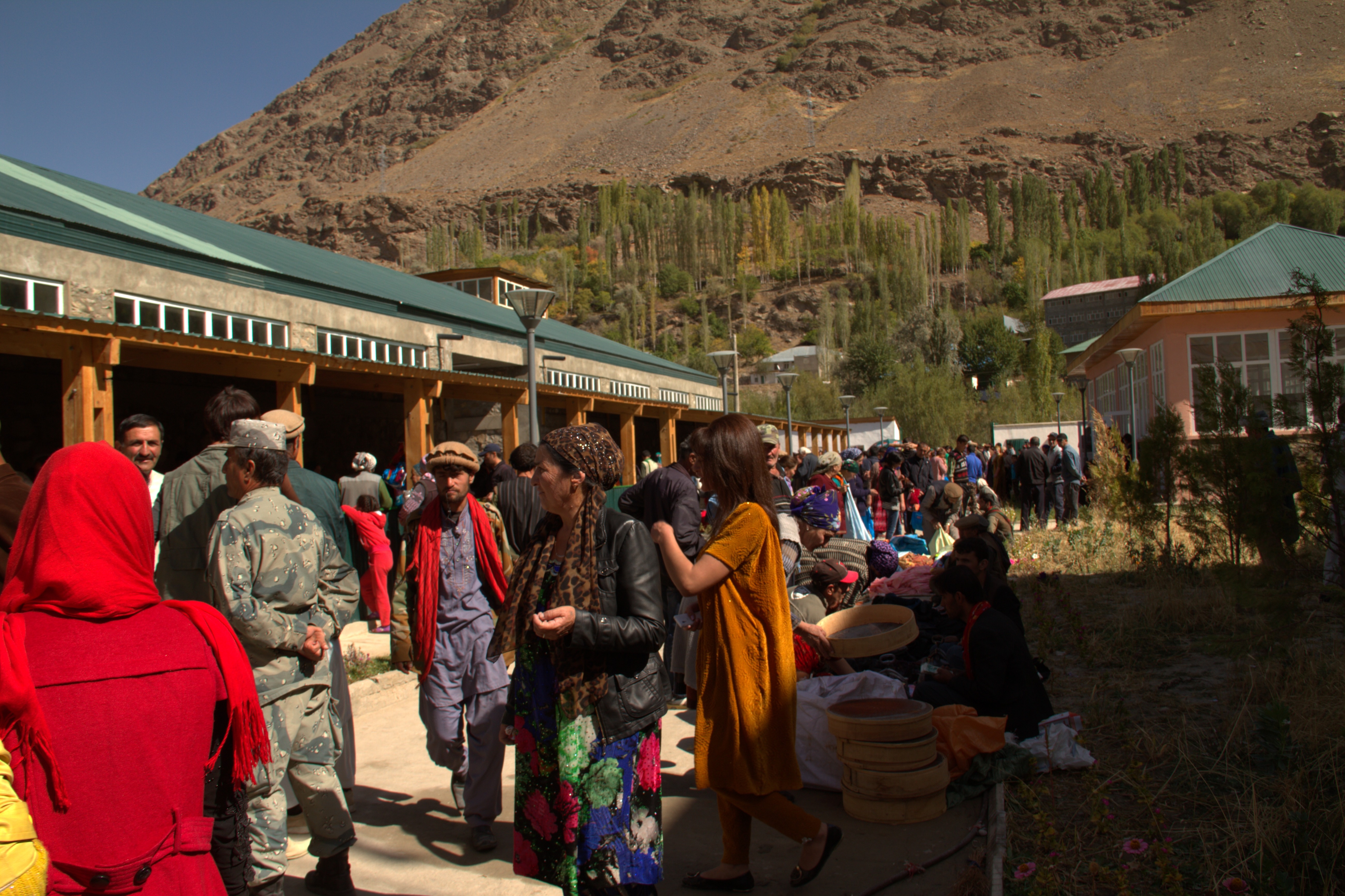
Q: What strikes you about the AKDN’s work there going forward?
Shehzaan: The work they have – I’d like to say ‘we have’ – cut out for us is making a meaningful change in very rugged, sparsely populated places. To bring people together in that setting is extremely difficult. But bringing communities together in an area like that is the only way to really improve living conditions in any meaningful way, and in doing that with the schools and healthcare facilieis, AKDN accomplishes something incredibly difficult.
Zainab: In one city, women had come into town to have their babies delivered and were able to give birth more safely – thanks to electricity and expert health care. This is literally saving lives.
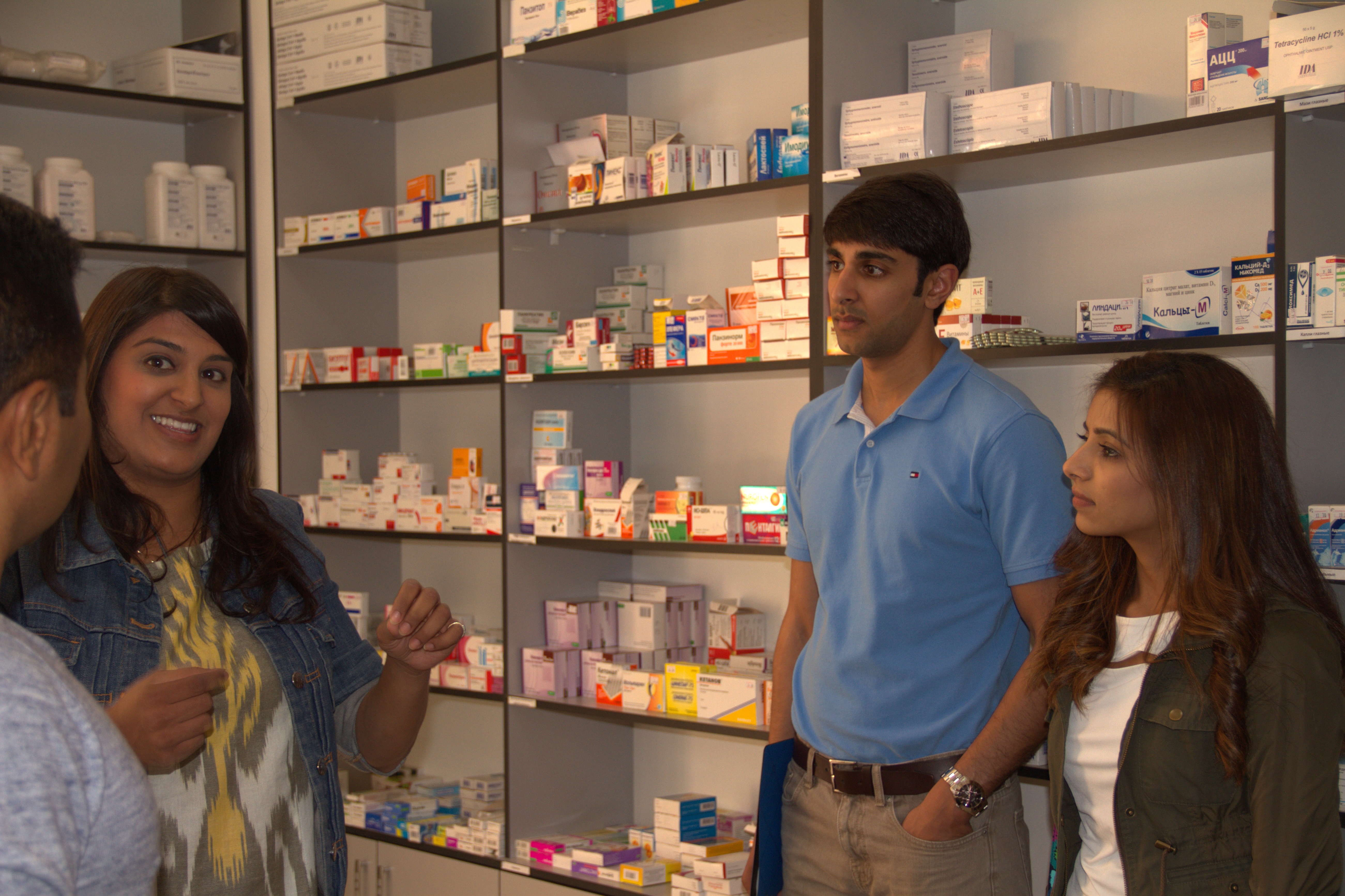
Electricity also helps people gain control over their lives. We heard about how before these communities had electricity, kids rushed home so they could finish their homework before dark. Now electricity gave them power over their lives.
Q: Since the trip, how do you feel connected to the Foundation’s work?
Shehzaan: We came home wanting to become more involved and give more of what we have. It’s become a more conscious part of our lives since we came back. We think of what we buy for ourselves and what part of that we might save, what we can give to AKF. That’s become a more conscious part of our lives.
We also want to give of our skills too. For example Zainab is a certified dental hygienist. We’re looking into ways she can share those skills, training technicians in AKDN countries.
Zainab: We decided when we came back that we wanted to be more mindful of these things. To spend more thoughtfully, for example. We want to keep this relationship as a vital part of our lives.
This post is part of the #humansoftheworld series on our blog—a collection of tales we can both relate to and marvel at. Here, we share stories of appreciation, self-reliance, and strength from across the Aga Khan Development Network.
